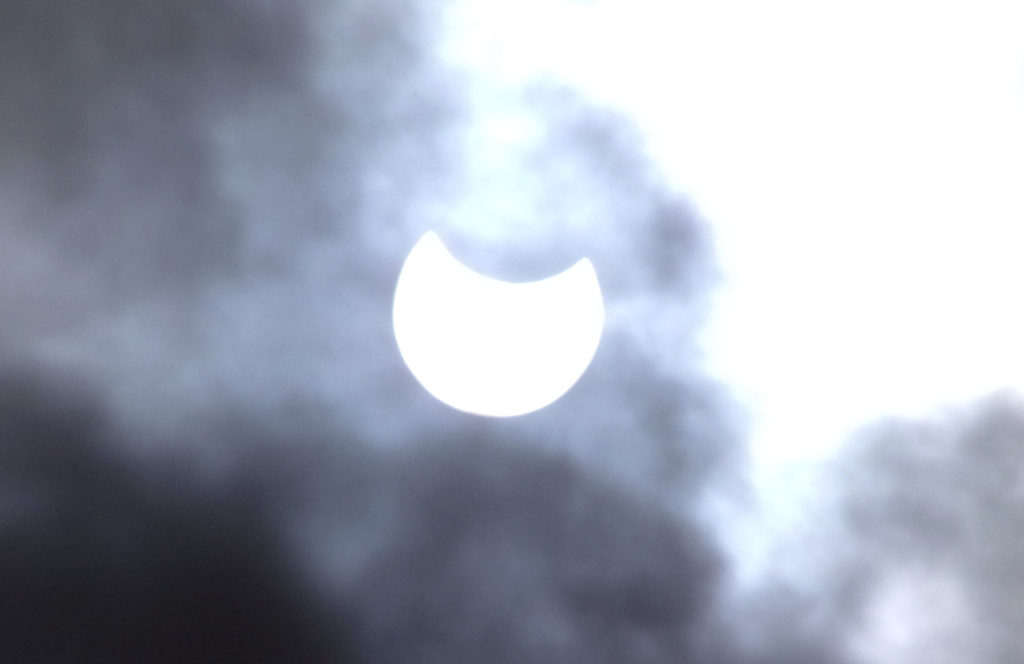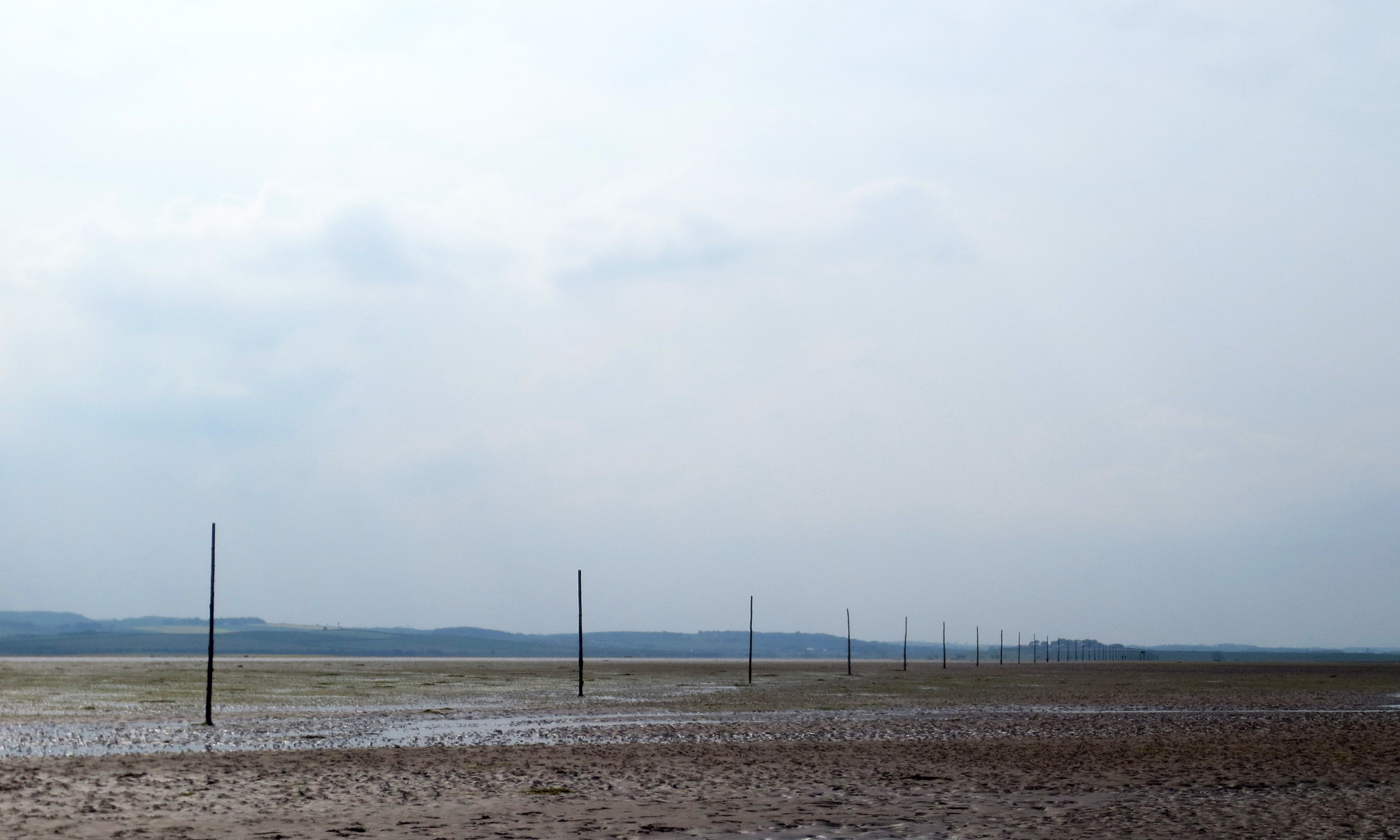In next Sunday’s Lectionary, Paul is writing a begging letter to the Christians in Corinth. He wants them to contribute to relieving the needs of their sisters and brothers elsewhere. He has done something very important: has has connected theology (God-talk) with real life. He writes of ‘the generous act of Jesus Christ’ because he believes it is time for the people to do a generous act. There is no separation between the world of God and Jesus on one hand; and the world of daily living on the other hand. He is also generous with his flattery in order to achieve his ends… although maybe with his mindset infected with the love of Christ, he speaks the truth about his generous feelings about his fellow Christians.
Sheep etc
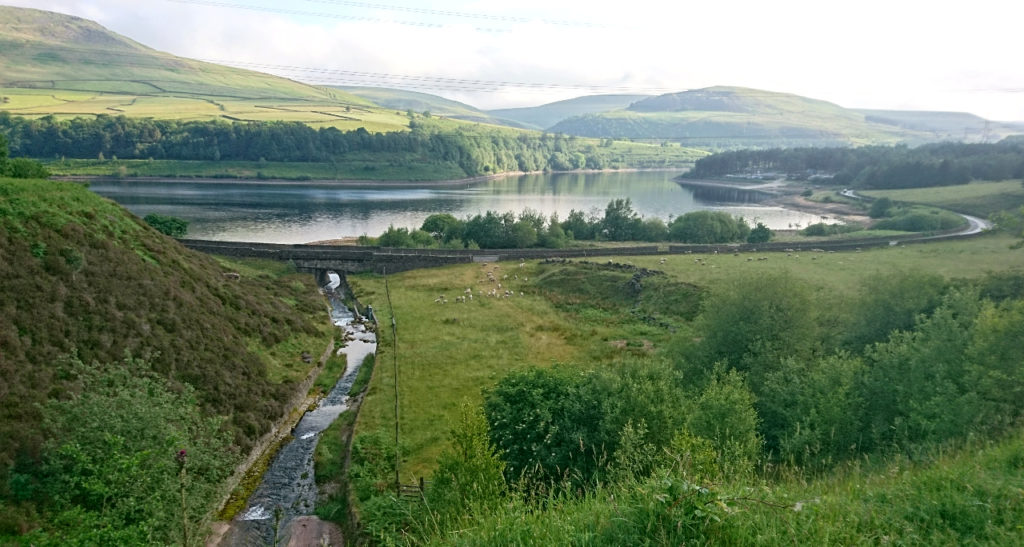
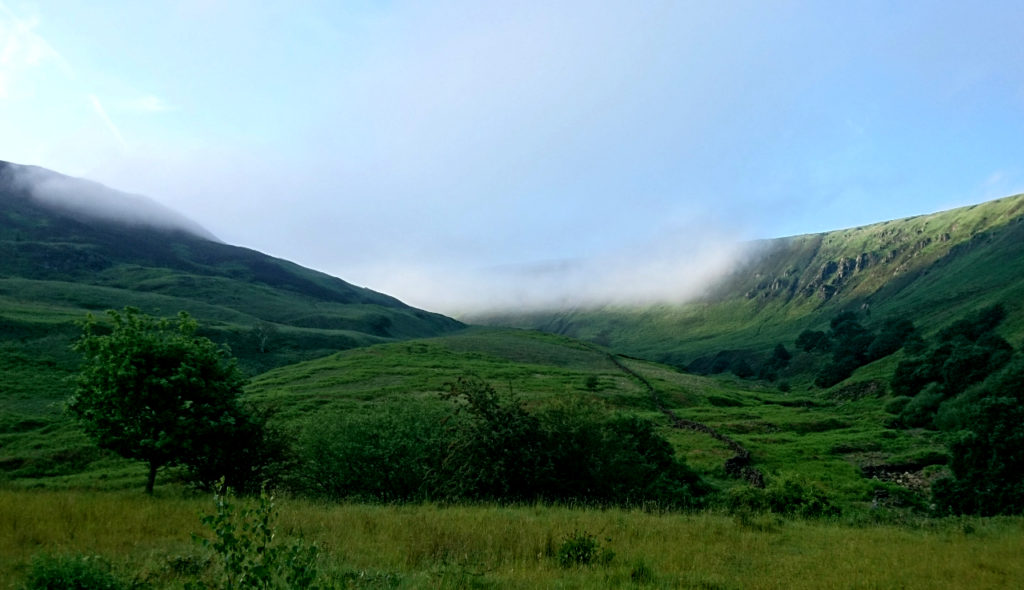
An odd cloud
A funny-shaped cloud this morning…
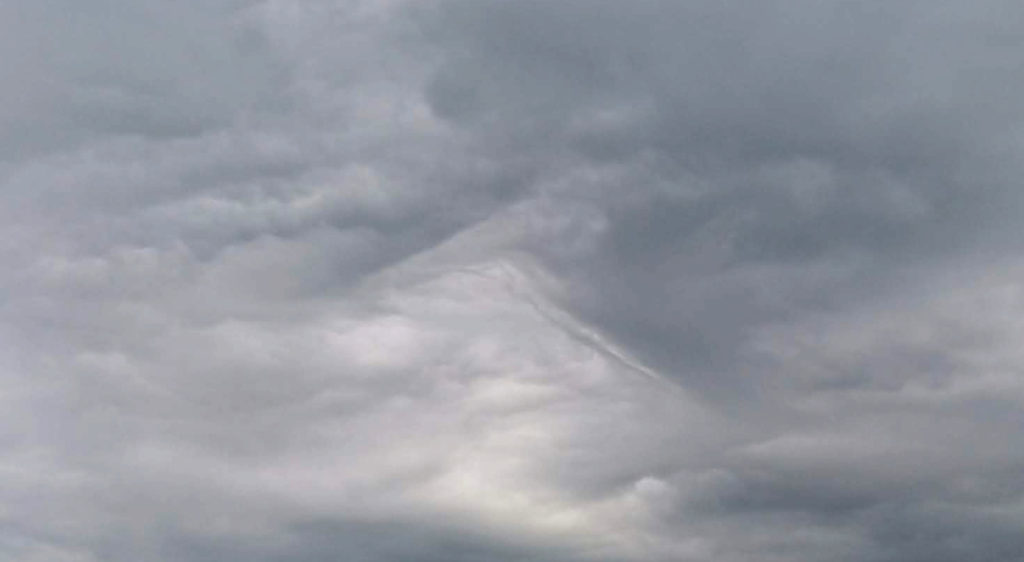
Toys for boys
Just trying this out on a new cheap chromebook which I hope will be handy for being away, especially in places without mains power.
The Lectionary for Sunday includes a section from Job 38. More about storms, for God answers out if the whirlwind. God is the maker of storms, the ultimate builder of the universe. Did we measure the foundations if the earth? Well, actually we are trying to do that kind of thing – measuring all sorts of stuff about the created universe. Science has also spawned technology, such that we now have the power to make storms worse by pumping carbon dioxide into the atmosphere. And with the knowledge that science brings, comes responsibility. I wonder how Job works in an industrial age.
Electricity
The electricity’s back on after a brief unexpected outage. And I missed it a lot. What must it be like when you can’t pay your bills, or if it’s cold, or if you live somewhere that’s not even been connected up? Where are the ‘hostile actors’ who might be looking for chances to harm a nation’s electricity supply? There’s still a great deal of this precious stuff, here and around the world, that’s made with fossil fuels. What about that? Electric cars are not clean until the electricity that powers them is clean. Likewise hydrogen-powered stuff. ISTR that nearly all hydrogen is made with fossil fuels. Electrolysis will not happen until renewable electricity is abundant and cheap.
Creator God, we thank you for electricity,
something nearly everyone in industrial society relies on.
We thank you for the people who work in the electricity industry,
and who devise and refine ways of generating electricity.
We pray for everyone who can’t get electricity,
who cannot afford it, or who has no supply.
May they be included in our world, we pray.
We pray that very soon,
all electricity will come from renewable sources;
and we pray that you will energise and guide and strengthen
everyone who works to bring this about.
Ill repute
Since our fridge has been working again, I’ve had a few snaccidents (a handy word I learnt from a crossword).
In Sunday’s Lectionary, 2 Corinthians, the writer (generally thought to have been Paul, as in the attribution) lists the troubles he’s had. It includes this… “…in honour and dishonour, in ill repute and good repute.” Maybe Christianity has been reputable for too long. This is a useful reminder that it wasn’t always thus. And it won’t always be. And it isn’t now in many places and in many people’s heads. But reputable or disreputable, we will believe still.
This is not true in every society (some are hostile to Christianity per se), but it seems to me here that Christianity risks becoming disreputable as soon as it starts moving from belief to action. So it may be hard to avoid disrepute if you believe that Christianity includes ideas about how human relating should be (which inevitably includes the geopolitical and the economic).
Anyway, here’s something really controversial… “Blessed are you who are poor,
for yours is the kingdom of God.” Unfortunately, it’s in the Bible (Luke 6:20).
Fair play
To be fair to the government, they never promised a relaxation on the 21st of June – they only said it was 21/7 at the earliest. How did we get it in our heads that it would definitely be on that date?
A moment of comedy…
…in next Sunday’s Lectionary, as piece by piece Saul piles his armour and sword on to David. Eventually David is so weighed down by this clanking mass of junk that he cannot walk. So off it all comes again, and David goes out to meet Goliath relying on his trusty shepherd’s sling and stone (and God) and the rest is history.
We all love a David and Goliath story. And we all like to see the plucky underdog beat the arrogant bully. And we all like to believe in the power of God.
However.
Sending people in to treat dangerous diseases while they wear inadequate PPE is not the same. Thinking you can get away with not being careful is a little bit like that well-known “God will provide” and helicopter story.
A moment of tragedy
Neither is it acceptable to let people live in dangerously unprotected accommodation, even if they aren’t as wealthy as residents of the posh bits of Kensington and Chelsea. Grenfell Tower will not be forgotten.
A prayer
Living God, this life is dangerous.
Protect us from harm, we pray,
protect us by the actions of others.
And by our actions,
may others be protected from harm.
Handy
When I went to church this morning, the preacher showed us a handy way to think about today’s Lectionary gospel, the parable of the mustard seed … think of the kingdom of God as an invasive wildflower!
Walking by faith
In tomorrow’s Lectionary, the writer of 2 Corinthians claims (5:7), “…for we walk by faith, not by sight.” And ‘walking by faith’ is generally considered by Christians to be A Good Thing To Do. But I walk by sight. I believe what is empirical, the evidence of my own senses, and the evidence that has been gathered by other members of the community we call ‘science’. Eighteen years ago I was in Scotland when the moon passed across the face of the early morning sun, making it look like a ring of fire. It was a wonderful sight. But I saw none of it, because there was a stubborn veil of cloud in the way. I still believed in it though, because the evidence-gathering and model-making of the scientific community is an extension to my own sight.
Faith is different though: there are motivations at play that undermine the quest for truth (also true in science, but there are ways of overcoming this). Nevertheless, for some of us there comes a turning point. We say “I have seen enough: now I believe.” Doubts and uncertainty and questioning don’t go away. But the belief we learn is something that has its origins in what we have seen – whether it is an experience too personal to be described, or seeing how the love of Christ can create community amongst the most unlikely people, or receiving that love ourselves (there’s a heavy responsibility here, church people!), whether it’s considering the wonders of creation or of our response to it, or an understanding of how our hatred can begin to be healed, or how Jesus’ suffering has meaning – whatever – we come to the point where we say, “I have seen enough, now I believe.”
Anyway, a couple of days ago there was another annular eclipse of the sun, visible from parts of the planet. The partial eclipse we had in the UK was accompanied (fitfully) by just the right amount of cloud to be visible safely…
